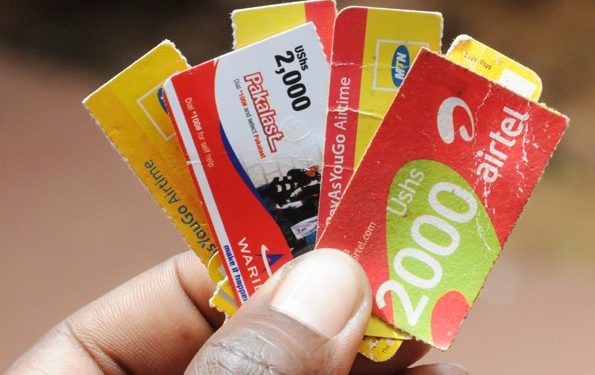The Uganda Communications Commission (UCC) and telecom operators are in talks with regards to the upcoming ban on airtime scratch cards on June 30.
UCC banned the sale of airtime scratch cards in a notice in March.
Olivier Prentout, MTN chief marketing officer said the company will comply with the order by the June 30 deadline adding that the scratch cards will be replaced with electronic means of selling airtime through online merchants and mobile money.
“It is a directive issued by UCC to phase out scratch cards which I believe is a good thing because nobody will be littering pieces of scratch cards,” he said.
Nevertheless, Prentout could not give the nominal figures of the expected gain or loss the company will face due to the ban.
Earlier, he had said several telecoms still had scratch cards in transit when the ban notice was announced. Still, he said MTN will not lose much because scratch card stocks arrived after the ban was made public.
Prentout also said telecoms are still negotiating with the regulator to determine the fate of scratch cards still in circulation after the deadline.
“This is not completely addressed to date with the regulator [UCC]. I believe it will be phased out periodically. It is still under discussion but I presume they will give it some time to phase out,” he stated.
Annie Tabura, MTN sales and distribution general manager said the electronic sale of airtime will boost the commission income of agents which is higher than that of scratch cards.
Last week, Airtel informed its agents via email that it was changing the commission for online airtime dealers to match that of mobile money and e-airtime dealers. In addition, the email said the commission for distributors will fall from seven percent to five percent while that of retailers would decline from six percent to four percent.
Following the notice of the ban, a woman was murdered after being kidnapped for nearly 27 days. UCC blamed the crime on the lax in the registration of SIM cards and the open selling of airtime.
UCC has banned the sale of SIM cards until the government obtained machines that telecoms can use to identify fake national identity cards used for registration.




